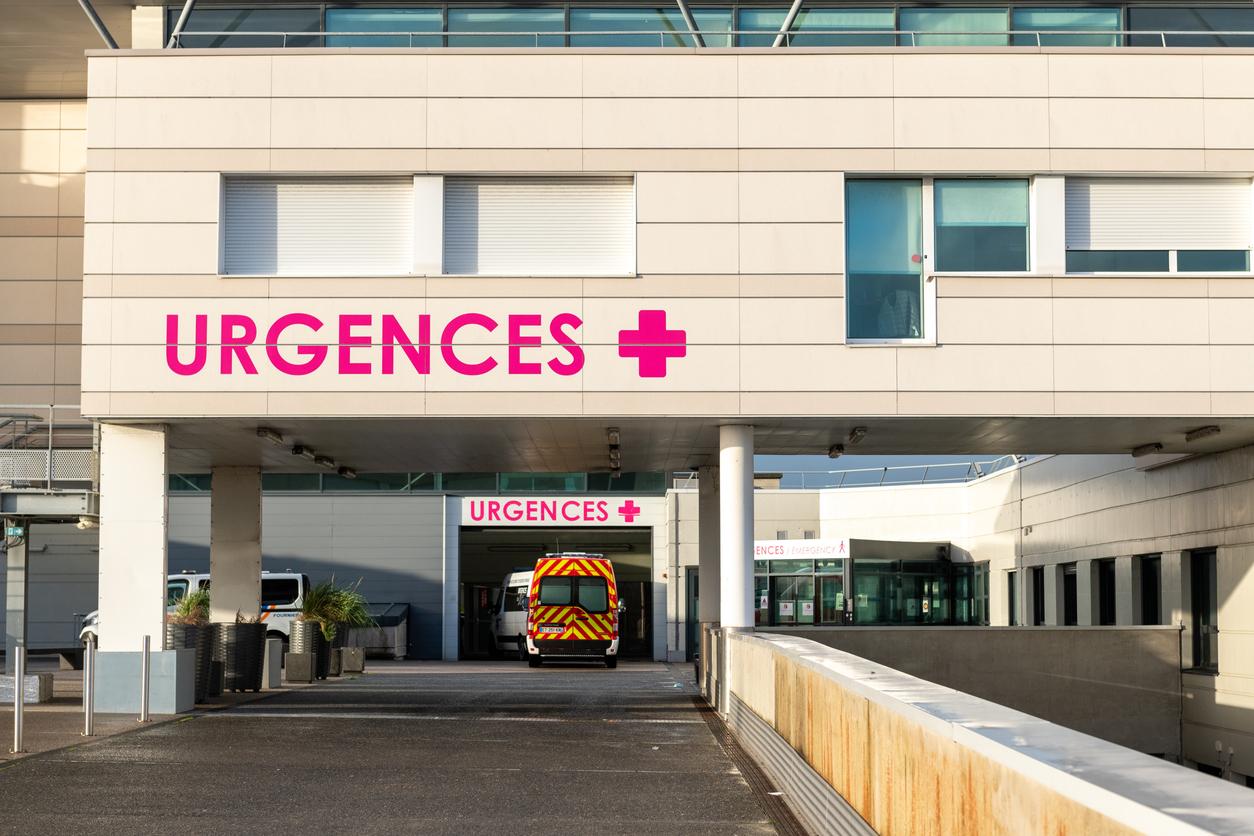Elderly people who stay overnight on a stretcher in the emergency room while waiting for a hospital bed are more likely to develop complications and die.

- Due to a reduction in the number of beds available in hospitals, many elderly people have had to spend at least one night on a stretcher in the emergency room.
- Being on a stretcher from midnight to 8 a.m. increases the risk of hospital mortality by almost 40%, particularly among patients with limited autonomy.
- This is also associated with a high risk of complications during hospitalization (nosocomial infections, falls, bleeding, etc.).
In December 2022, a considerable increase in the number of adults requiring hospitalization, including a high proportion of frail and elderly patients, was observed in emergency departments in France. “The hospital system could not effectively cope with such pressure due in part to a triple concomitant epidemic: COVID-19, influenza, and respiratory syncytial virus (RSV)”, indicated French doctors (working at the University Hospitals of Toulouse, Rouen, Tours, Paris, etc.) and researchers from the Sorbonne University, in a statement.
Emergencies: a reduction in the number of beds
This situation has been aggravated by a reduction in the number of available beds resulting from a shortage of staff. As a result, an unusually high number of elderly people had to spend at least one night on a stretcher in the emergency room while waiting for a hospital bed.
Is staying overnight on a stretcher associated with an increase in hospital mortality and morbidity among seniors? This is the question that French practitioners and scientists are asking. To answer this, they conducted a study published in the journal JAMA Internal Medicine. As part of the work, the team recruited 1,598 adults, aged 75 and over, from December 12 to 14, 2022 in 97 emergency reception services in France. Two groups were defined and compared: patients who remained on a stretcher from midnight to 8:00 a.m. and those who were admitted to a department before midnight. The authors took into account the comorbidities and the initial severity of the patients.
3% of emergency department deaths can be prevented
According to research, seniors who spent the night on a stretcher in the emergency room had a higher hospital mortality rate, specifically 40%. Researchers estimate that 3% of deaths could have been avoided if all adults had been admitted to a hospital room before nightfall. Another observation: these patients were also more likely to suffer from complications during hospitalization (nosocomial infections, falls, bleeding, etc.). “These findings were particularly notable in patients with limited autonomy,” the team said.
Faced with these results, scientists demand that measures be taken to avoid this excess mortality as much as possible. “Elderly people must be admitted to a service as a priority.”
















